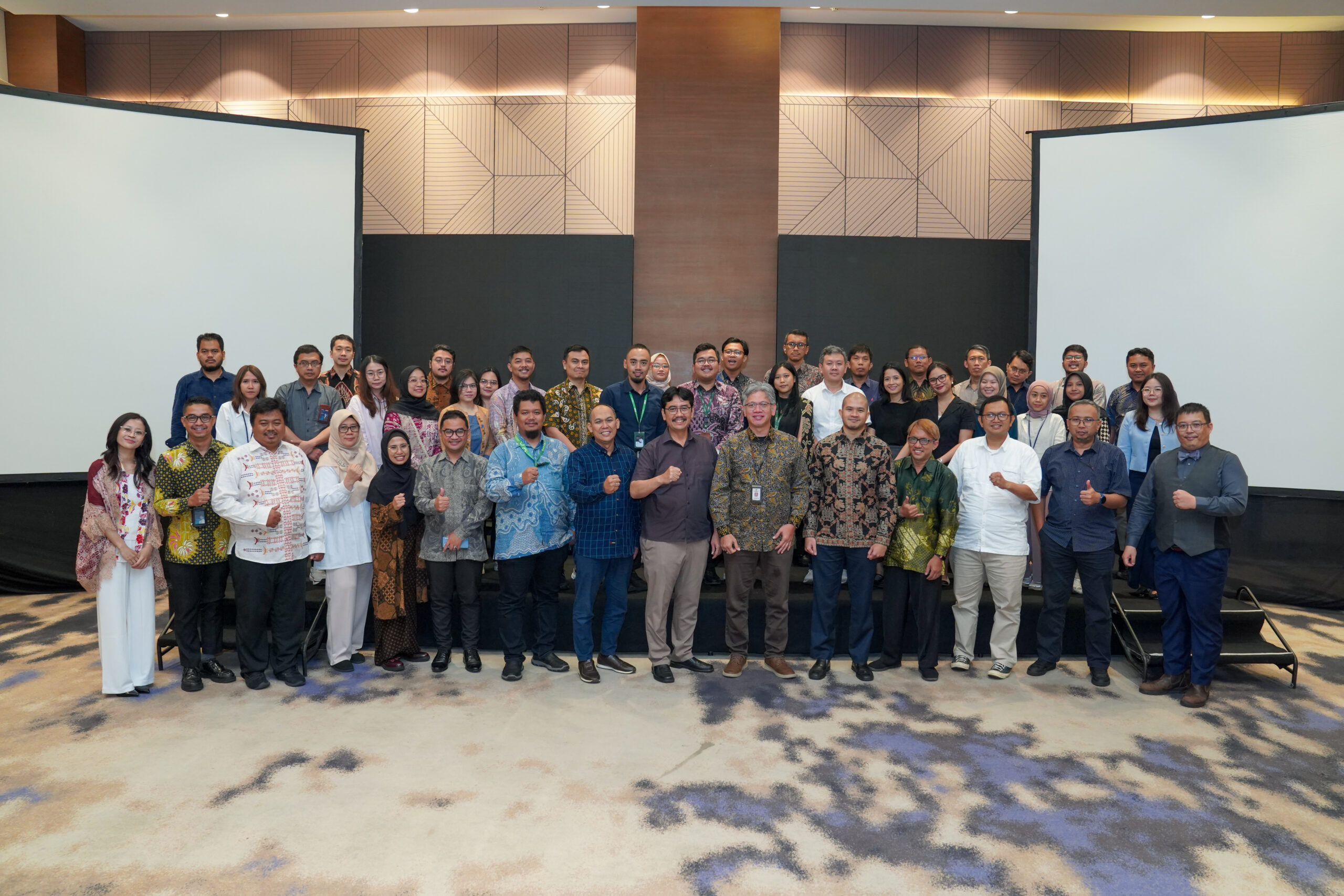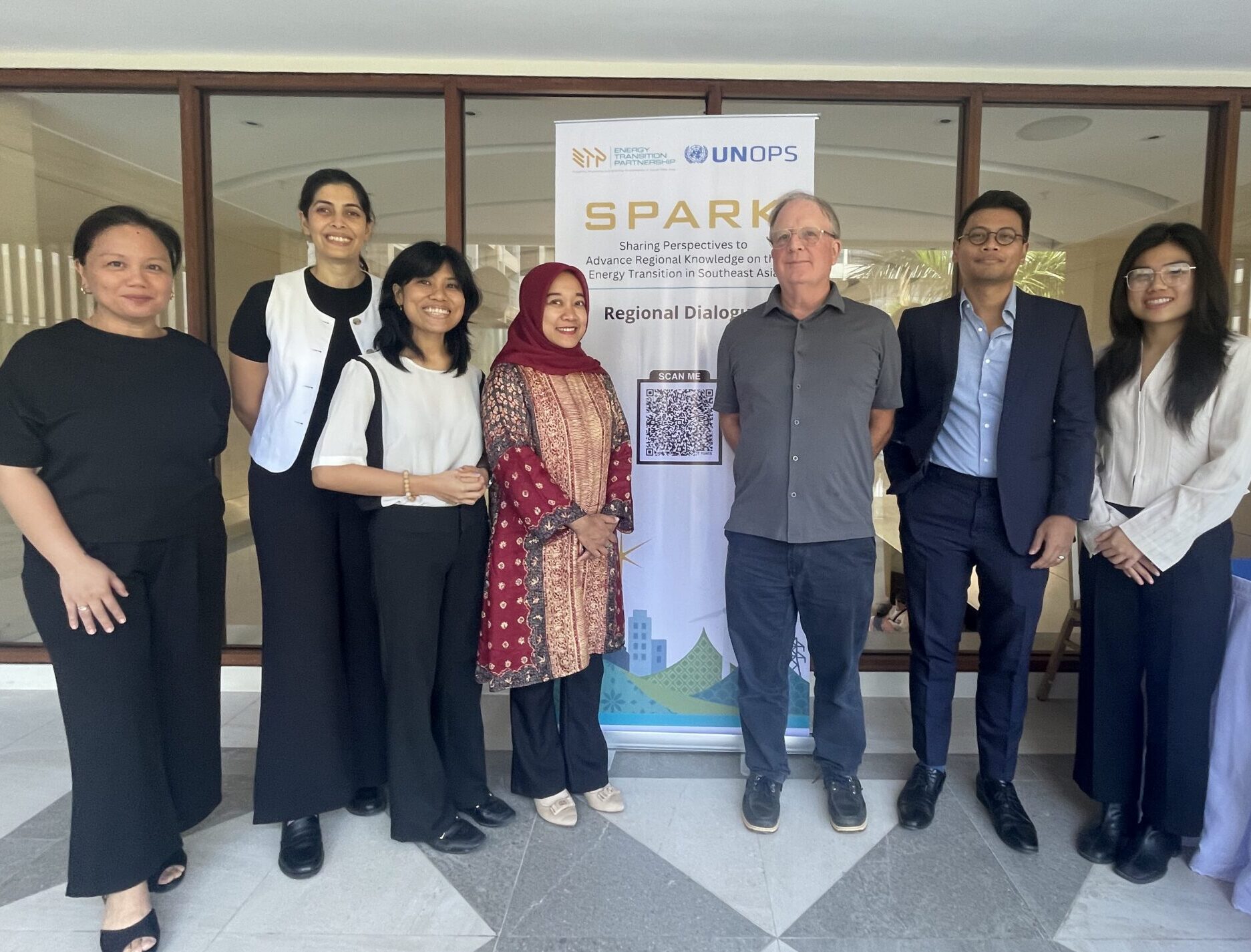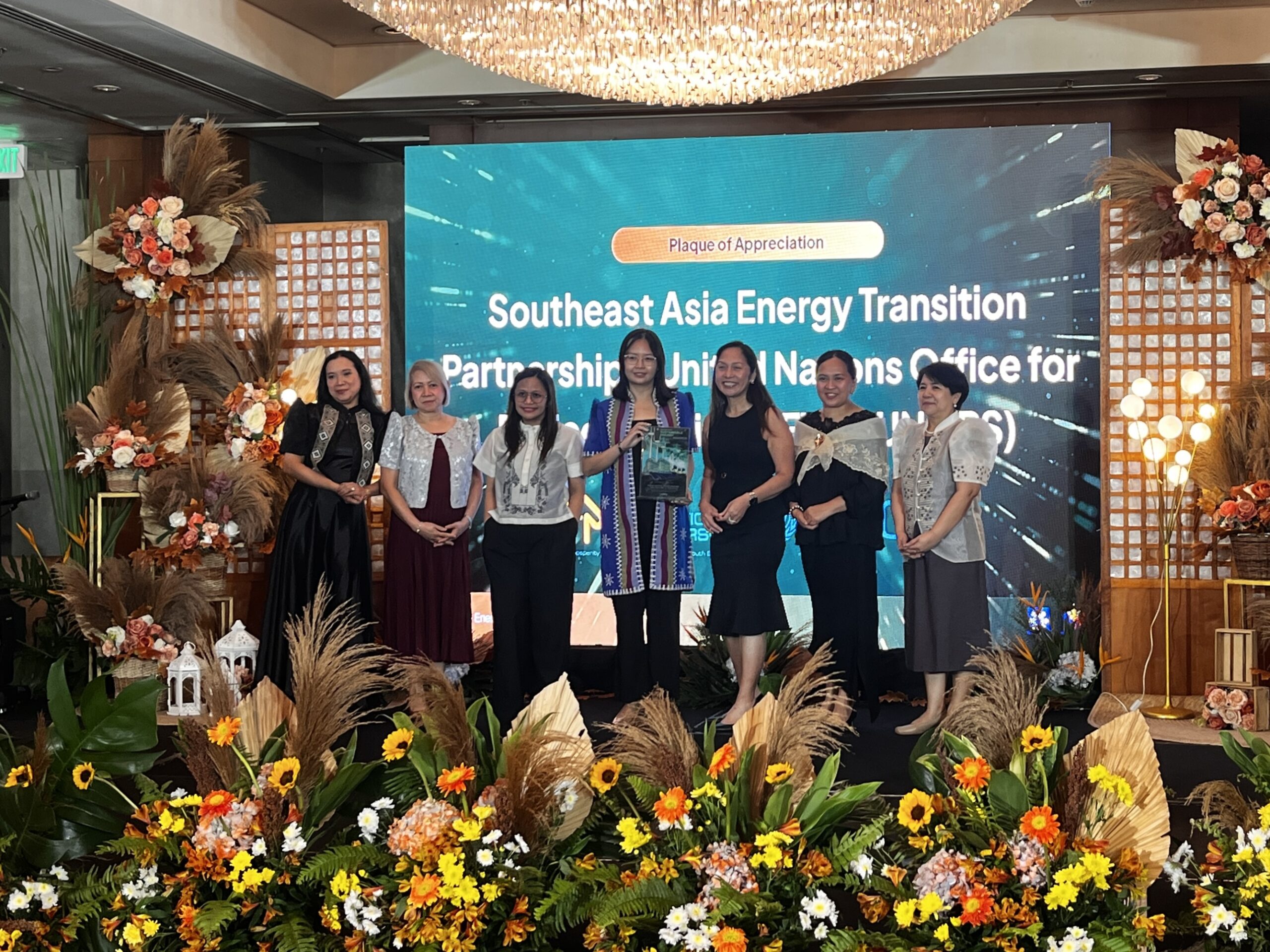By: Maryam Karimah (Trama TecnoAmbiental)
The acceleration of renewable energy adoption is critical to achieving Indonesia’s ambitious net-zero emissions goal.
Supporting In a significant step forward, the South-East Asia Energy Transition Partnership (ETP), in collaboration with Indonesia’s National Development Planning Agency (BAPPENAS), recently disseminated the Solar PV Development Plan for the Java–Madura–Bali (JAMALI) region.

The event, held on October 30, 2025 in Jakarta, marked the culmination of a comprehensive study reflecting the shared commitment of ETP and BAPPENAS to scale up solar PV adoption and support the country’s aspiration for a net-zero power sector by 2060. ETP engaged the technical expertise of Trama TecnoAmbiental (TTA) to undertake the project.
Strategic Insights for Solar Deployment
The final dissemination provided a detailed summary of key findings, including a detailed evaluation of solar resources across the JAMALI region.
analysis of the grid’s capacity to incorporate large-scale solar power, identification of regulatory and non-regulatory obstacles hindering PV deployment and an assessment of opportunities for solar installations on water bodies.
A highlight of the session was the presentation of top identified sites strategically suited for both ground-mounted and floating PV development, offering tangible pathways for investors and developers.

Collective Commitment from Key Institutions
The session featured a vital stakeholder panel discussion with representatives from institutions leading Indonesia’s energy transition. The panelists collectively reiterated their institutions’ commitment to accelerating the expansion of new and renewable energy. They affirmed solar PV’s status as a national strategic priority and emphasized the absolute necessity of close coordination and cross-institutional collaboration to successfully advance the solar-PV development agenda.

A Vision for National Security and Economic Growth

In a compelling keynote address, Mr. Leonardo Teguh Sambodo, Deputy of PSDALH at BAPPENAS, underscored that Indonesia is yet to fully harness its immense solar-PV potential. He highlighted the significant role of the study’s insights and recommendations in supporting collective efforts to implement at least the first 1 GW of solar PV in the JAMALI region. Furthermore, Mr. Sambodo stressed that the study is a critical tool for:
– Strengthening national energy security.
– Supporting the country’s ambitious energy-mix target.
– Contributing substantially to economic development.
Strategic Tools for Accelerated Implementation
The event concluded with ETP officially handing over the comprehensive final study report to BAPPENAS, marking a pivotal moment for implementation. In addition to the report, the consortium team provided a project brief and a publicly accessible map containing detailed site specifications. This valuable resource is designed to support developers during the crucial feasibility study stage.

This strategic reference is now expected to guide BAPPENAS and other key stakeholders in planning and coordinating efforts to accelerate solar-PV deployment, ultimately maximizing renewable energy contributions toward Indonesia’s net-zero ambition.
The documents referred to in this blog post can be accessed through this link.
Photo credits: Trama TecnoAmbiental (S.L)









